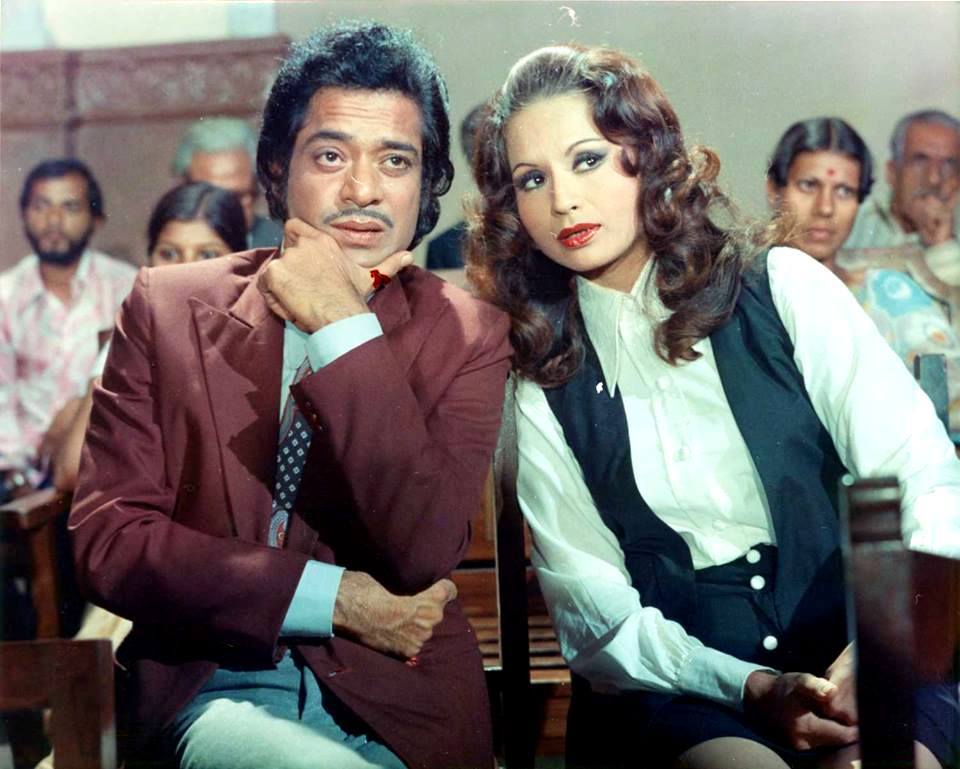Remembering Madam Noor Jehan "The queen of millions of hearts across generations" on her 17th death anniversary.
The nation’s most versatile and beloved diva. Noor Jehan’s life was the stuff of legend. Born in Kasur in 1926 into a family of musicians, she was originally named Allah Wasai and had moved with her sisters to Calcutta where her precocious talent was nurtured by a number of acknowledged masters of music, including Mukhtar Begum, a star of the time who also gave her the name by which she would become renowned. She became a child star in Urdu, and then Punjabi, movies; her career also took her to Lahore and Bombay. Married at 17 to movie director Shaukat Hussain Rizvi, who seems to have been her Pygmalion, she combined her career with motherhood at a time when it was exceptional if not entirely unheard of.
In 1947, she moved to Pakistan with her husband; a series of film roles followed — such as in Anarkali and Mirza Ghalib. She even directed a film, Chanway. Most of these films are remembered today for their songs. But in at least one outstanding performance of the 1950s, in Koel with its dazzling songs, she displayed a cosmopolitan glamour and charisma that few actresses of her time could match, showing that she was a musical star of the first magnitude and continued to be after her first marriage came to an acrimonious end. (Yet, in the 1970s, she would confess in a BBC interview on television that acting was never her primary interest; her soul was in singing.)
The early 1970s were an auspicious time for Pakistani music. Farida Khanum and Iqbal Bano were known then for their skilled renditions of ghazals; Roshan Ara Begum was still the queen of classical music; Reshma emerged as a singer of folk melodies; and a host of young talents, including the teenaged Runa Laila, would tackle the hybrid genre of film music.
In this competitive milieu, Noor Jehan proved that she could sing anything she chose to and make it her own. The rise of television gave her the opportunity to reinvent herself yet again. A series of musical programmes allowed her to rerecord her old hits for a new generation and also to display her talents as a singer of ghazals and traditional songs. Her charismatic personality, which had been displayed in a number of films, reveled in the best role she had ever played: herself, the Melody Queen.
Acknowledged by the great poet Faiz Ahmed Faiz as his favourite singer, Noor Jehan proved that her renditions of his ghazals and, even more significantly, his nazms, were unique: Aa ke vabasta hain us husn ki yaaden tujh se would join Mujhse pehli si muhabbat as two of the finest recordings of Faiz’s nazms by a popular vocalist. Later, Nayyara Noor and Tina Sani would record renowned interpretations of his nazms, which are intrinsically difficult to put to music, but here, too, Noor Jehan had been the original innovator.
She also recorded an album of ghazals by Ahmad Faraz and other contemporary poets, which is one of the finest gifts to her listeners from a singer who deeply understood, treasured and even wrote Urdu poetry. (A lesser known element and perhaps neglected aspect of her talent is her prowess in reciting the marsiyas of Mir Anis during the days of Muharram).
In the 1980s, Noor Jehan sang a number of film songs that were really not worthy of her talents and skills. She complained once on television that in the early years of her career she was largely made to sing in Urdu and had to plead for some good Punjabi songs to perform. Later in life the situation reversed. But in her live and televised performances, she showed a distinct predilection for melodic compositions, classical and modern poems and traditional songs. It was, nevertheless, common to hear detractors say, “There she goes, screeching again,” or to compare her ghazal singing with that of Farida Khanum or Iqbal Bano to her detriment.
In the last decade of her life, suffering from a heart condition, she lived a semi-retired life in Karachi, surrounded by her family. She died in 2000. But even in her declining years, there was never a doubt about her innate musicality and her performative skills. She influenced, and continues to influence, several generations of musicians and singers: today, Sajjad Ali, Ali Zafar, Sanam Marvi, Naseebo Lal and others continue to record some of her most memorable songs.












Comments
Post a Comment